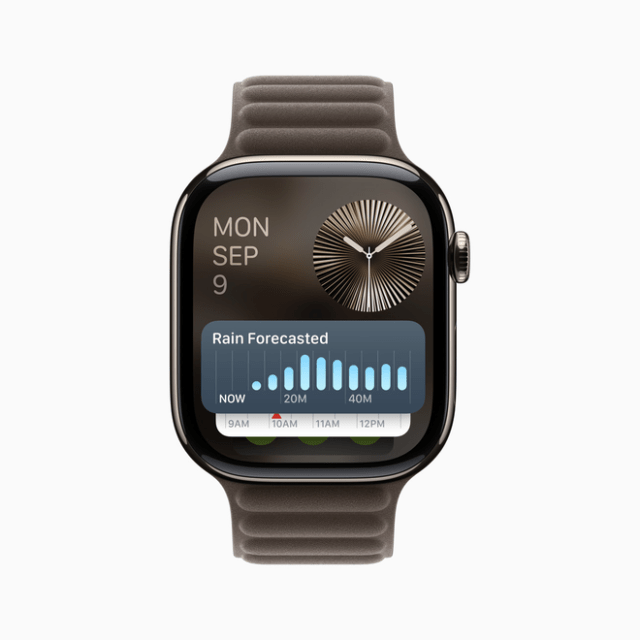Your Apple Watch might know more about your health than your doctor

Over the past decade, Apple Watch has redefined what a watch can do. Men’s Health talked to Apple executives and other experts about the promises and perils of using wearables to optimize your health.
I’m in a wood-paneled room in the mothership to talk to Jay Blahnik, vice president of fitness technologies, and Sumbul Desai, MD, vice president of health. I want to explore how Apple’s journey in the fitness and health space has evolved and, more specifically, examine how wearable technology can empower people to live fitter, healthier, happier lives. It’s been a decade since the Apple Watch was launched in 2015 as a souped-up activity-tracking fitness device that could do more than just log steps…
While the rings and the heart rate monitoring remain constants, the Apple Watch has added significant fitness and health features almost annually for a decade: the Breathe app in 2016, heart rate variability and VO2 max in 2017, fall detection and the FDA-approved ECG app in 2018, sleep tracking in 2020, the Mindfulness app in 2021, A-fib history and sleep stages in 2022, and an FDA-approved sleep apnea notification, the Vitals app, and Training Load in 2024 with Apple Watch 10. Wear your Apple Watch regularly and it will gather a deep and wide variety of information, giving you critical insights into your health and fitness that can help you progress and, if necessary, inform your health-care provider’s decision-making.
MacDailyNews Note: There’s tons more in the full article which is also available via Apple News here.
Please help support MacDailyNews — and enjoy subscriber-only articles, comments, chat, and more — by subscribing to our Substack: macdailynews.substack.com. Thank you!
Support MacDailyNews at no extra cost to you by using this link to shop at Amazon.
The post Your Apple Watch might know more about your health than your doctor appeared first on MacDailyNews.




